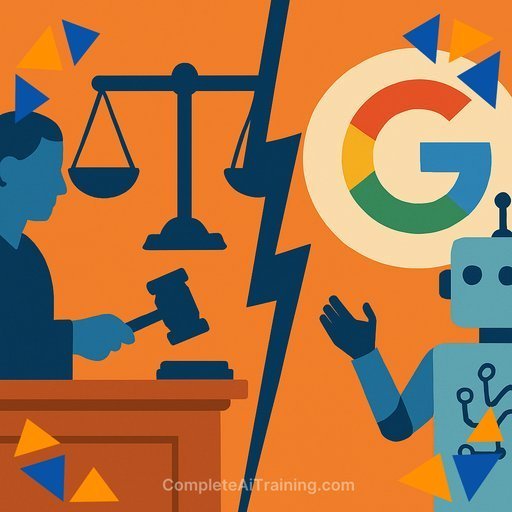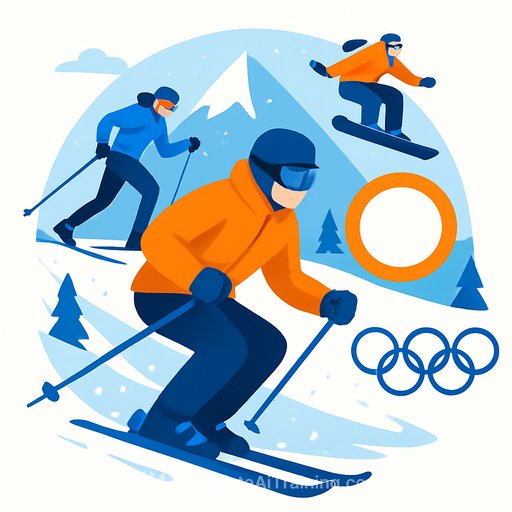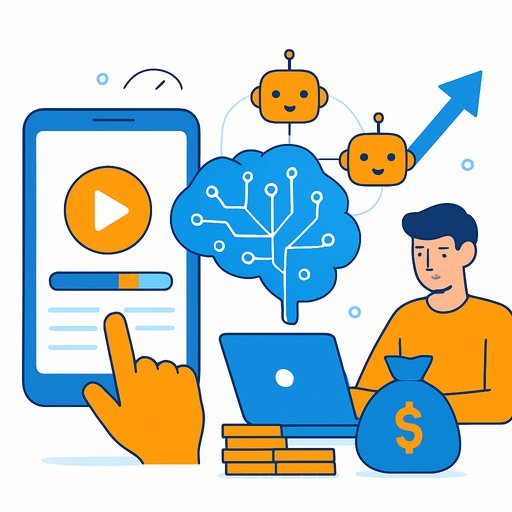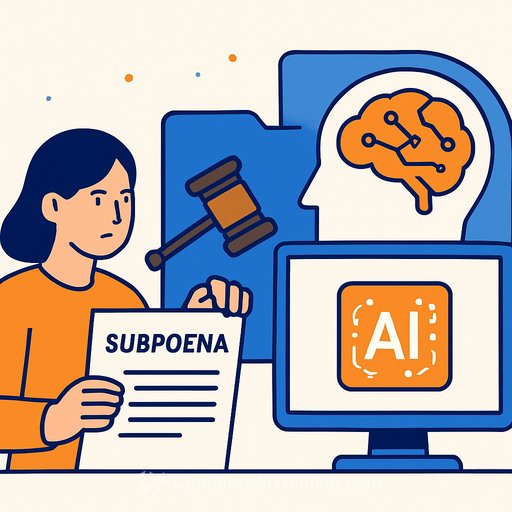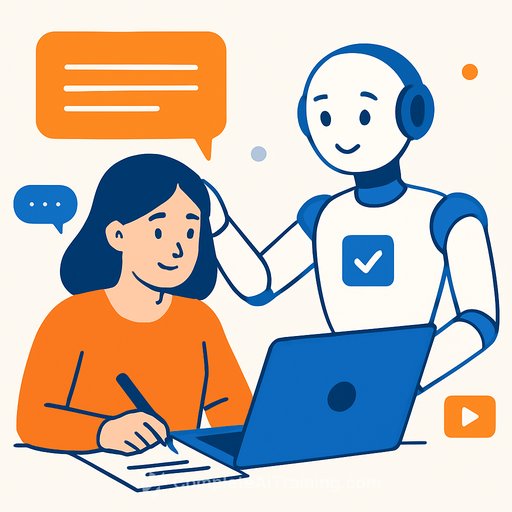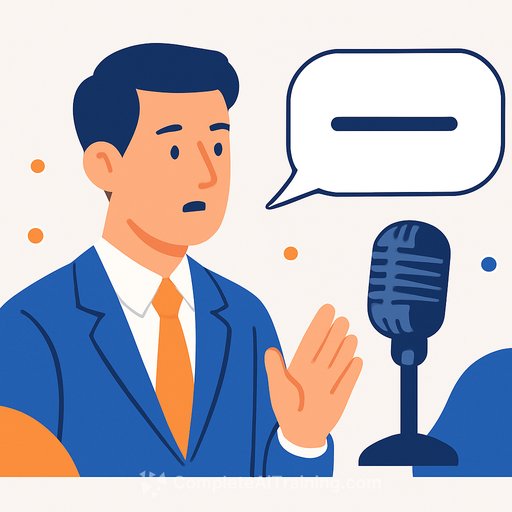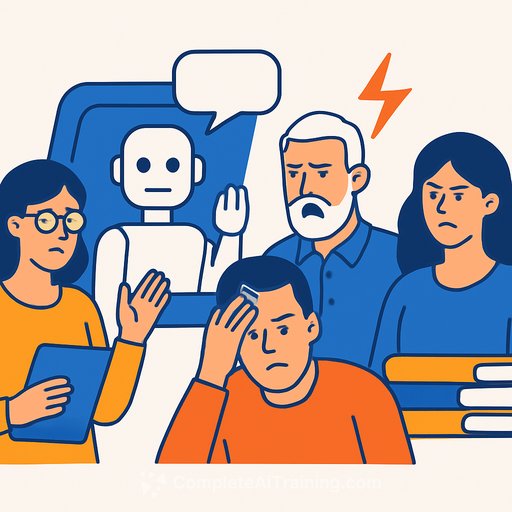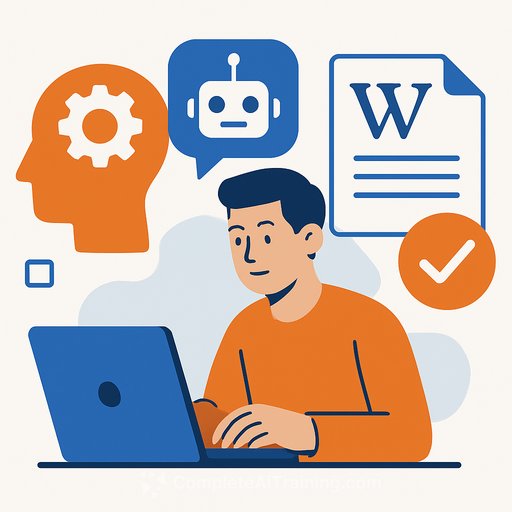Artists and Writers Seek Class Certification in Google AI Copyright Lawsuit
A coalition of creators has asked a federal judge in the Northern District of California to certify classes in a lawsuit alleging Google used copyrighted books and images to train its generative AI systems without permission.
The motion focuses on copyright alone. Plaintiffs say Google copied and ingested creative works at massive scale to build models and compete with other major tech firms.
What the proposed classes cover
- Authors class: writers whose books were lawfully obtained but allegedly misused for AI training.
- Authors subclass: writers whose works were allegedly sourced from piracy.
- Two additional proposed subclasses were redacted in the filing.
- Visual artists class: image creators whose works were allegedly used without authorization, excluding any works Google licensed.
"Google Needed Vast Quantities of Creative Work" - the filing frames the scale as systemic copying, according to plaintiffs.
Why this matters for creatives
- If the court certifies one or more classes, creators with similar claims could proceed together, lowering individual costs and increasing negotiating leverage.
- Certification does not decide who wins. It sets up common issues - copying, data sourcing, and potential fair use defenses - to be litigated at scale.
- The judge will weigh Rule 23 factors like commonality, predominance, typicality, and adequacy before allowing any class to move forward.
For a plain-English overview of the standard, see Rule 23: Class Actions.
What happens next
- Expect Google to oppose certification. The court will set a briefing schedule and may hold a hearing.
- The judge could certify, narrow, or deny the proposed classes. If certified, discovery and summary judgment fights would follow.
Action steps for writers and visual artists
- Register your works with the U.S. Copyright Office. Registration strengthens your position in any dispute.
- Keep clean records: manuscripts, drafts, image files, publication dates, licenses granted, and takedown requests.
- State clear licensing terms for any dataset, API, or platform use. Track where rights are granted.
- Use consistent credits and metadata to help with attribution and tracing.
- If you receive data-use requests or notices related to AI training, review them with counsel before responding.
For policy updates and guidance, see the U.S. Copyright Office's AI resource hub: copyright.gov/ai.
Resources
- U.S. Copyright Office: AI Initiative
- Rule 23: Class Actions (LII)
- Complete AI Training: Courses by Job
Your membership also unlocks:

